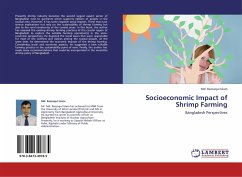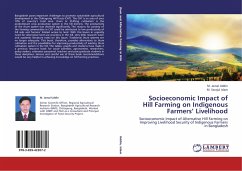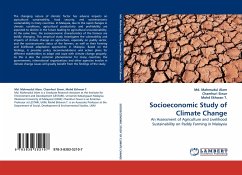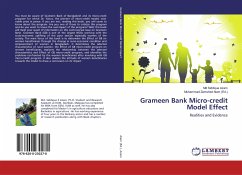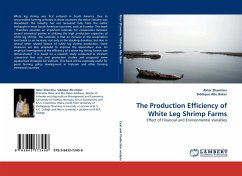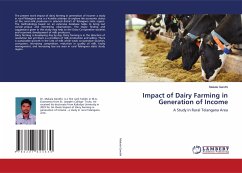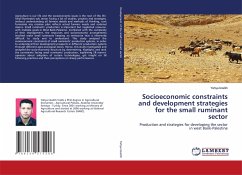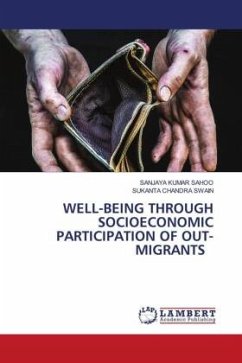Presently shrimp industry becomes the second largest export sector of Bangladesh next to garments which supports millions of people in the coastal area. However, it has some negative social impacts. These may have serious implications not only on the sustainability of shrimp farming but also to the rural community of the coastal areas. In this book, the author has assessed the existing shrimp farming practices of the coastal region of Bangladesh to explore the suitable farming operation(s) in the socio-economic perspectives. He depicted the social issues that were responsible for most of the conflicts and clashes among the coastal people. At the same time, he determined the economic impacts of the shrimp farming. Considering social and economic aspects, he suggested a best suitable farming practice in the sustainability point of view. Finally, the author has made some recommendations that could be incorporated in the would-be shrimp policy of Bangladesh.
Bitte wählen Sie Ihr Anliegen aus.
Rechnungen
Retourenschein anfordern
Bestellstatus
Storno

